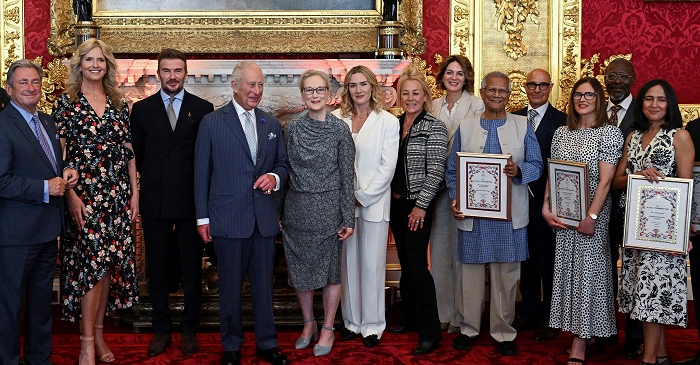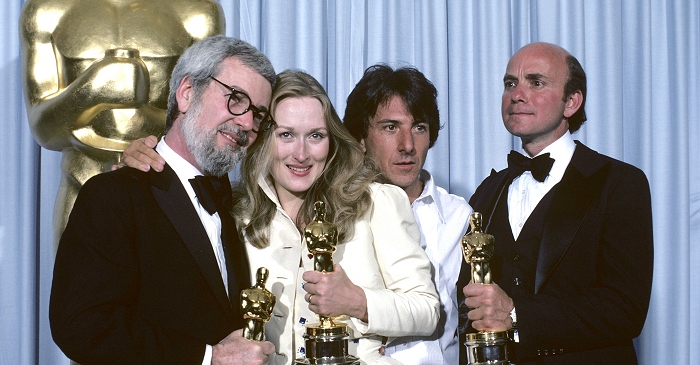|
Simply Streep is your premiere online resource on Meryl Streep's work on film, television and in the theatre - a career that has won her acclaim to be one of the world's greatest living actresses. Created in 1999, Simply Streep has built an extensive collection over the past 25 years to discover Miss Streep's body of work through thousands of photographs, articles and video clips. Enjoy your stay and check back soon.
|
Actors on the Protection of Audiovisual Performances
June 22, 2012
· LATIN ARTIST, International Federation of Actors
· 9 minutes
|

This is a pivotal time in the performers’ battle for IP protection, because of the increased variety and use of digital technology that makes producing, manipulating and disseminating an artist’s work so easy. In the same way that writers and composers depend upon royalty income for their survival in the long term, performers around the world must benefit as well from the income from the exploitation of their works (Meryl Streep, 2004)
The Beijing Treaty on Audiovisual Performances will strengthen the precarious position of many struggling film actors and other performers by providing a clearer international legal framework for their protection. It will give performers stronger economic rights and valuable extra income. Exactly how much will depend on how the treaty is put into national legislation and implemented. The Treaty provides a legal framework setting an expectation that countries that become party to it will pay for the use of foreign audiovisual performances, and encourage some or all of that revenue to go to the performers involved, the vast majority of whom earn very little.










